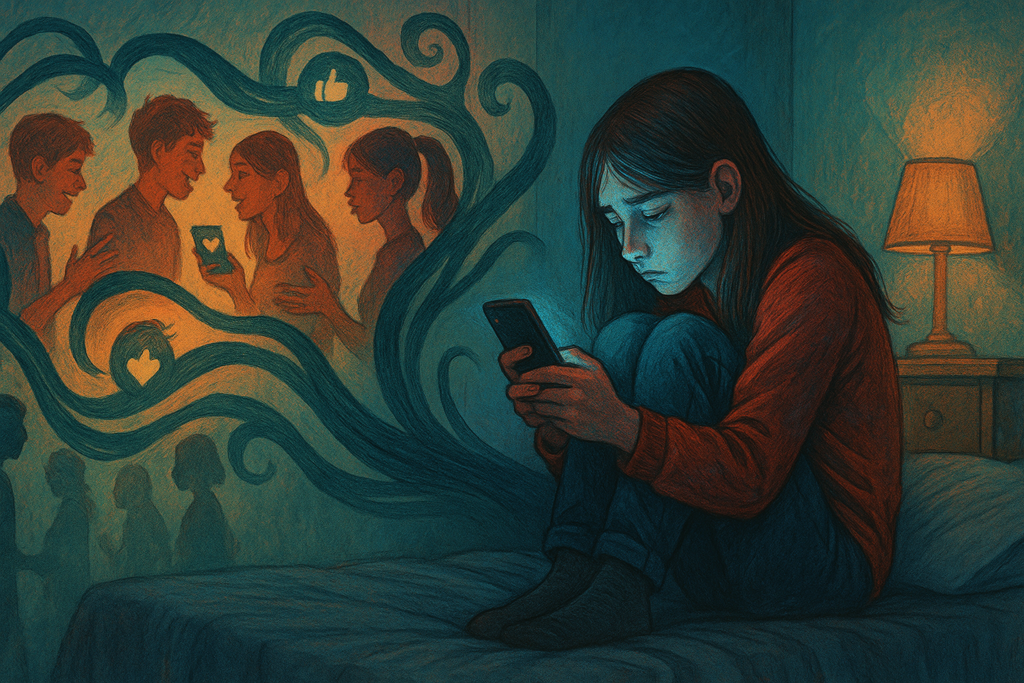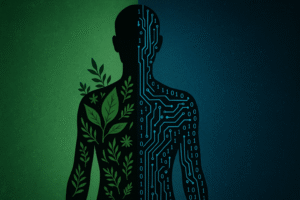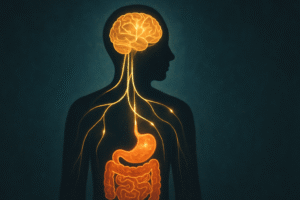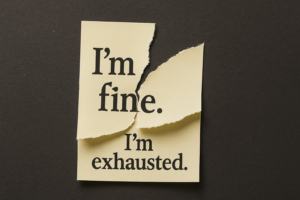In an era where smartphones are extensions of our hands and social media platforms are our daily hangouts, it’s ironic that Generation Z—those born between 1997 and 2012—are experiencing unprecedented levels of loneliness. Dubbed “The Age of Solitude,” this phenomenon sees our most digitally connected generation grappling with feelings of isolation and disconnection. How did we arrive here, and what does this mean for the future?
The Digital Paradox: Connected Yet Isolated
Social media was designed to bring us closer, but for many Gen Z individuals, it’s doing the opposite. Platforms like Instagram, Snapchat, and TikTok offer constant streams of curated content, leading to comparisons and feelings of inadequacy. A study by Business Insider revealed that nearly a third of Gen Z feel that technology and social media have made them lonelier. Business Insider
The burden of curating a perfect online image can be mentally exhausting. Social approval often gets reduced to numbers—likes, comments, and shares—turning into a distorted measure of self-worth, while the fear of missing out (FOMO) grows as others flaunt their best moments. This digital environment fosters superficial connections, often at the expense of deep, meaningful relationships.
The Impact of the Pandemic
The COVID-19 pandemic exacerbated feelings of loneliness among Gen Z. Lockdowns and social distancing measures limited face-to-face interactions, pushing more young people into the digital realm for connection. While technology provided a temporary bridge, it couldn’t replace the nuances of in-person communication.
A report by the Harvard Graduate School of Education highlighted that 63% of young adults are suffering significant symptoms of anxiety or depression, with loneliness being a major contributing factor.

The Indian Context: Urbanisation and Cultural Shifts
In India, rapid urbanisation and changing cultural dynamics have contributed to the loneliness epidemic among Gen Z. Traditional joint family systems are giving way to nuclear families, and the emphasis on academic and professional success often comes at the cost of social connections.
A Reddit discussion highlighted that many Indian Gen Z individuals feel alienated and lonely, with some attributing it to societal pressures and the lack of genuine connections. Reddit
Mental Health: The Silent Struggle
Loneliness doesn’t just affect emotional well-being; it has tangible impacts on mental health. This sense of disconnection can spiral into serious mental health challenges like depression, anxiety, and, in severe cases, suicidal ideation. The American Psychological Association notes that chronic loneliness can be as damaging to health as smoking 15 cigarettes a day. Forbes
Even though mental health struggles are increasingly common, the stigma surrounding them continues to discourage people from seeking help. Many Gen Z individuals hesitate to reach out due to fear of judgment or lack of awareness about available resources.
Seeking Solutions: Building Genuine Connections
Addressing the loneliness epidemic requires a multifaceted approach: Fortune
Digital Detox: Encouraging regular breaks from social media can help individuals reconnect with the real world.
Community Engagement: Participating in local events, clubs, or volunteer opportunities fosters a sense of belonging.
Mental Health Education: Educating the public and encouraging honest conversations about mental well-being can play a key role in breaking this silence.
Counselling and Support Services: Making mental health resources accessible and affordable is crucial.
Conclusion
The irony of our times is that in a world more connected than ever, many feel profoundly alone. For Gen Z, navigating this paradox requires intentional efforts to foster genuine relationships, prioritise mental well-being, and redefine what connection truly means. As a society, recognising and addressing this silent epidemic is not just beneficial—it’s imperative.
Author’s Note
As someone who interacts with Gen Z individuals regularly, I’ve witnessed firsthand the challenges they face in forming meaningful connections. It’s my hope that this article sheds light on the issue and encourages readers to take proactive steps towards fostering genuine relationships in their lives.
G.C., Ecosociosphere contributor.
References and Further Reading
- “Loneliness Statistics – Mastermind Behavior Services” Master Mind Behavior
- “Gen Z, The Loneliness Epidemic And The Unifying Power Of Brands – Forbes” Forbes
- How Social Media Stealing the Show & What’s Really Happening to American Teens | FLUX MAGAZINE. https://www.fluxmagazine.com/social-media-whats-happening-american-teens/
- Teen Mental Health in India: Myths, Realities, and How to Seek Help. https://www.blubworld.com/post/teen-mental-health-in-india-myths-realities-and-how-to-seek-help
- Magellan Ascend Loneliness: The Silent Epidemic. https://magellanascend.com/Content/View/23262?ccid=hpZiwITni%2FVKNrZqvUQNB6H843mPpM2G6XP9mLkU80g%3D
- Breaking down the teen loneliness epidemic, and how you can help





Comments
Well written and inspiring! Keep up the great work.
Thanks for sharing! I learned something new today.